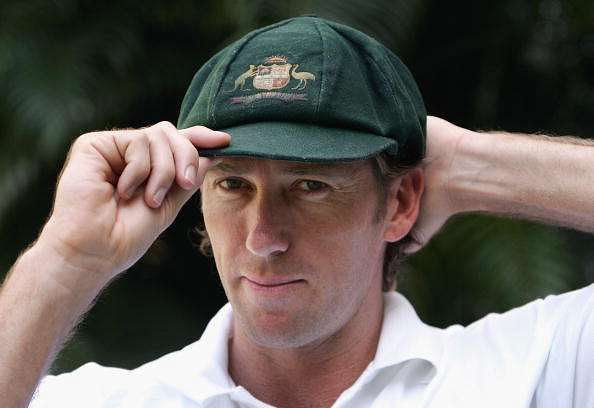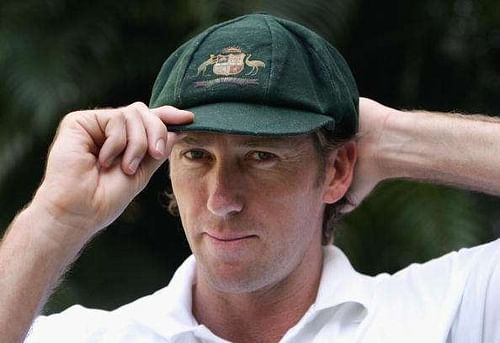
MRF Pace Foundation: India's pace bowling breeding ground over the years
30 years ago, two men hailing from two completely different professional backgrounds met to change the face of the Indian cricket. A time when Indian bowling depended only on the spinners, Indian businessman Lt. Mr. Ravi Mammen and former Australian pace bowling legend, Dennis Lillee came together to establish the MRF Pace Foundation.
A coaching centre dedicated solely to recognise and groom pace bowlers for the national cricket team, MRF Pace Foundation was the beginning of one of the biggest changes the Indian cricket was about to undergo.
Over the years, the coaching academy signed agreements with the Cricket Boards of six other nations. This coaching centre soon became the haven for the young pace bowlers who went on to redefine pace bowling in cricket and their speed was feared. These names include Glenn McGrath, Brett Lee, Mitchell Johnson, Irfan Pathan, Zaheer Khan and Chaminda Vaas.
A brain child of Ravi Mammen, MRF Pace Academy began functioning under Dennis Lillee who was the director of the Academy for 25 years. Here is a timeline to trace the growth of the Indian pilgrimage for the pace bowlers.
1987 – The MRF Pace foundation was set up in Chennai with minimum facilities at their disposal. Lillee was the head coach for all the inspiring bowlers who joined the academy in order to chase their dream to master the pace.
1992 – The MRF Pace Academy looked beyond the national boundaries. They were now in an agreement with the national Cricket Board of countries like Australia, New Zealand, Bangladesh, Sri Lanka, England and West Indies which allowed them to exchange trainers and trainees in order to produce quality fast bowlers.
1992 – The first country that signed a deal with this Academy was Australia. This was the year when Glenn McGrath first arrived at the Academy as a trainee to master the line and length of his bowling in order to direct his pace under the guidance of Dennis Lillee.
2005 – This was the year when the MRF Pace Academy saw its prime objective turn into a reality. All the four pace bowlers in the Indian Cricket team (Irfan Pathan, Zaheer Khan, S Sreesanth and RP Singh) were from the Academy. That year, the top five Indian pace bowlers (including Munaf Patel) were trained in the same academy.
2012 – On September 2, Glenn Mcgrath returned to the academy but only to replace Denis Lillee as the director of the Academy. In fact, Lillee was the one who insisted McGrath to take up the job. This was the year that introduced the young bowlers to the “Art of wicket taking wickets” which McGrath brought as a new addition to the syllabus.
2014 – BCCI signed a five-year contract with this pace Academy to train the Indian bowlers to play for the national team.
2016 – The Academy welcomed 17 Australian players as trainees and sent Indian bowlers abroad in exchange as per the agreement.
The MRF Pace Academy has done an incredible job since its inception. It has produced as many as 18 bowlers who went on to play for India's national side. A boon for the bowlers, this Academy holds the key to the future of fast bowlers primarily in India.
